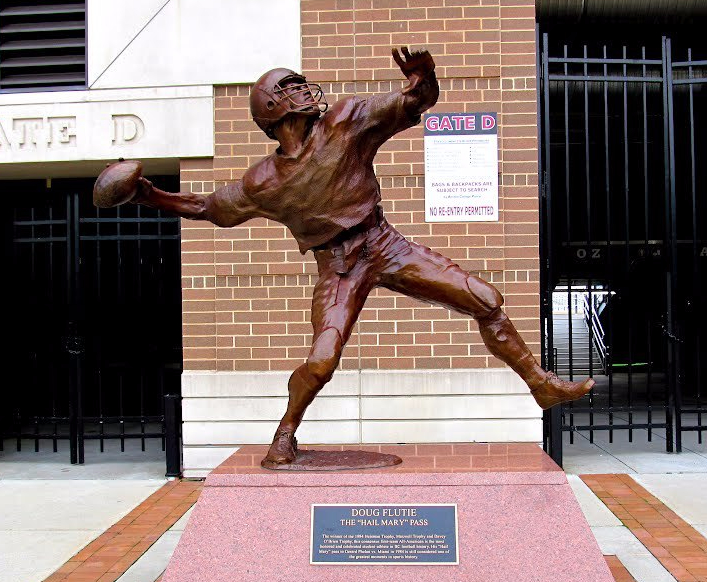
Then the disciples came to Jesus privately and said, “Why could we not cast it out?” He said to them, “Because of your little faith. For truly, I say to you, if you have faith like a grain of mustard seed, you will say to this mountain, ‘Move from here to there,’ and it will move, and nothing will be impossible for you.” Matthew 17:19-20
There is a lot of theology out there that says, “If you have enough faith, you will get everything that you desire.”
This is a dangerous belief and you will be disappointed. Why? Because it makes it all about you. It places the results or lack of results on how much faith you have. If you get results, you must have a lot of faith. If you don’t get the results, your faith must be too small.
But wasn’t Jesus emphasizing the size of one’s faith? In essence, wasn’t Jesus talking about the quantity of your faith?
Commentator S.K. Weber wrote: Attempting to quantify faith can be misleading. There is a common misperception today that “faith” in itself is the source of power, when true faith is actually an admission of powerlessness and a dependence on God’s power. True faith admits that we are indeed powerless.
Let that one sink in. True faith admits that we are powerless. This idea seems counterintuitive. Wasn’t it by faith that all of the people in the Bible did marvelous deeds? If you read Hebrews 11 you’ll find example after example of people who lived and did great things because of their faith. But was it their faith in how much faith they had that gave them the power to overcome, or was it their faith in God who has the power to do the miraculous deeds? How you answer this question is very important. One answers put you front and center, the other answer puts God front and center.
Many people misinterpret and abuse the promise, “nothing will be impossible for you” and similar statements such as John 14:13-14 Whatever you ask in my name, this I will do, that the Father may be glorified in the Son. If you ask me anything in my name, I will do it.
This are not a blanket promise that say God will give us anything we desire as long as we trust in Him. We cannot ask for murder, adultery, stealing, gambling, gossip, or anything else thing because it is not the will or nature of Jesus. Look at what it says in John: if you ask me anything in my name. What does it mean to ask in the name of Jesus? It is to ask of his very nature. His name speaks of holiness, grace, truth, love, purity, power, majesty, and glory. His is a name that speaks of sacrifice and submission. It means that he died for us and declared us righteous though we are sinners. To ask in his name is to ask of those things of his nature.
Biblical faith assumes not only a belief in God’s power, but also a heart after God’s own heart. A heart which desires and asks for the things of God.
Biblical faith makes my will submit to God’s will. It asks of God’s will and power and authority to move mountains so that his glory is revealed. Faith means that if God calls a person to do something, it will be accomplished through His power and the person’s trust in His power.
What is your will? What is your desire? Do you desire to love Jesus more than your spouse, your sons or daughters? Do you desire to forgive your enemies? Do you desire to love your enemies? Do you desire to pick up your cross and follow Jesus? Do you desire to go and make disciples of all nations?
Perhaps the greatest mountain to be moved is not your circumstances but your heart.


